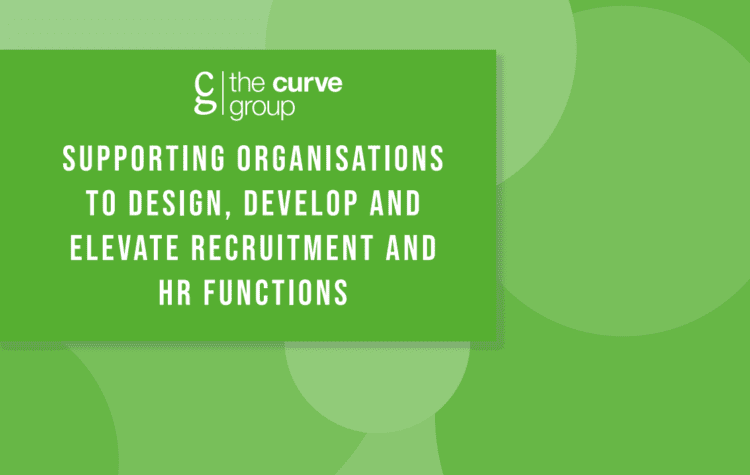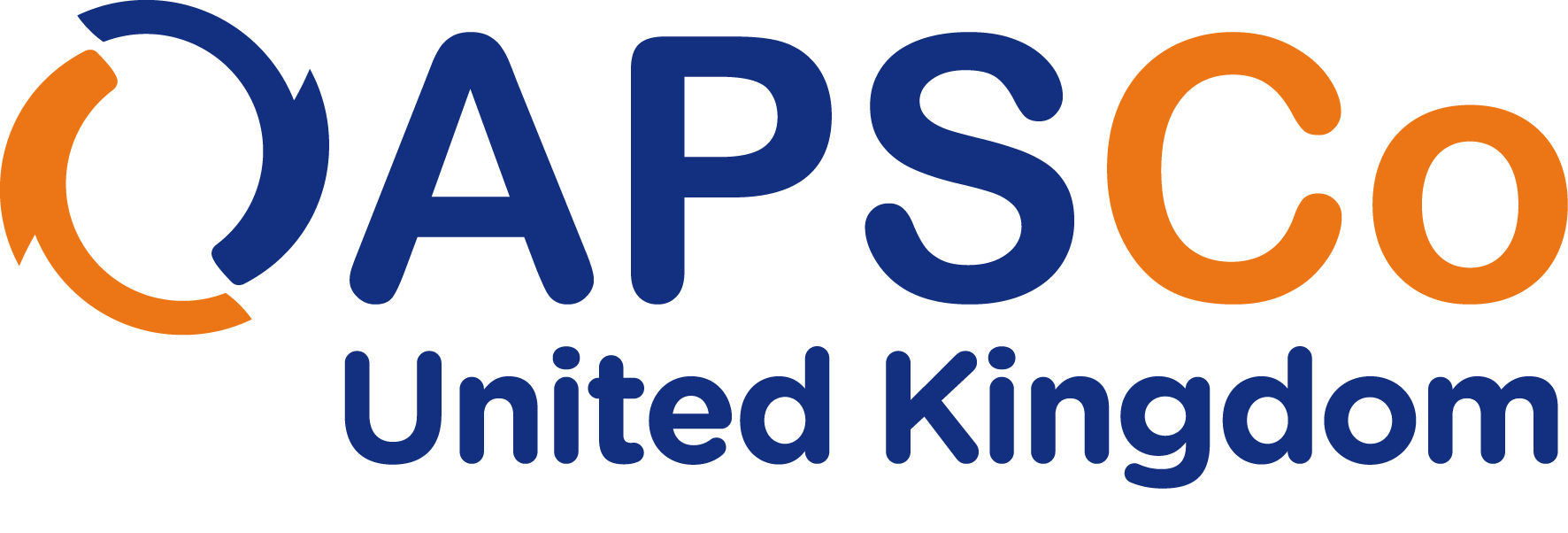Neurodiverse Candidates: Is This The UK’s Most Overlooked Talent Pool?
There is a global skills shortage. With the rapid evolution in technology, the demand for new skills in the workplace is far outstripping the available supply. By 2030, it’s estimated that 20% of UK workers will be significantly under skilled for their current roles (this amounts to a staggering 6.5 million individuals). This will continue to put further pressure on HR and Talent Acquisition functions to deliver the talent and people businesses need in order to survive.
It therefore remains imperative for businesses to access and engage with the widest possible range of talent in order to meet these demands, including talent which may not currently be active in the workplace OR talent which thinks, and needs to be able to work, differently.
As many as 30-40% of neurodiverse adults are unemployed. This is despite evidence that neurodiverse teams are 30% more productive than purely neurotypical ones.
As defined in the Cambridge Dictionary, neurodiversity means ‘people having a range of different types of brain’; just like fingerprints, everyone’s brains are different, and no-one is exactly the same. However, neurodiversity is also used as an umbrella term that incorporates several forms of more formal diagnosis’, including Dyslexia, ADHD, Autism and Tourette’s, to name a few. This blog focusses specifically on how this bright, innovative and skilled talent is overlooked as a talent pool.
Neurodiverse people possess a rich range of skills, capabilities and potential. With their unique ways of thinking, they’re able to bring a fresh perspective on problem solving, innovation and creativity, plus hiring neurodiverse individuals will help you to more accurately reflect your own customer base.
But despite the high productivity and availability of neurodiverse Candidates, this talent pool is often overlooked and underappreciated, likely due to archaic and inflexible recruitment and ongoing management practices.
Indeed, CIPD’s 2024 Neuroinclusion at Work Report found that only 51% of Managers appreciate the value of neurodiversity and the importance of having a neuroinclusive organisation. It is also an unfortunate fact that many recruitment processes alienate neurodiverse Candidates. Whether that be due to the way information is displayed, expected working practices which put them off, or limited ways to apply for roles.
When neurodiverse people are employed as part of a diverse team, they can bring a whole host of skills and capabilities to the table. Some of the capabilities neurodiverse talent could possess include things such as:
- The ability to think creatively, imaginatively and take innovative approaches to how they work, all great traits for problem solving
- Highly analytical and data driven competencies, which fully aligns with the shift in working practices and skills required for the future
- Sustained concentration which can prove incredibly beneficial when performing tasks that require high levels of accuracy
- Sharp attention to detail
- Comfort with repetitive tasks
- Increased loyalty, if employed within a supportive environment
So, how can you start unlocking this untapped talent pool and improving your engagement with neurodiverse candidates?
Firstly, read our other blog to find out more about the kind of challenges neurodiverse candidates can face during recruitment processes, and how you can make your recruitment process more equitable.
Secondly, if you’re genuinely serious about improving your hiring practices to attract and engage neurodiverse talent, you also need to make sure your internal practices for onboarding, inducting, management, training and future development can support and enable these employees to thrive throughout their full employee lifecycle.
Read more in our next blog on how to build neurodiversity into your wider diversity and inclusion practises.
Finally, if you’d like to talk to us today about your plans, ambitions or current challenges we are ready to listen.
Get in touch for a free and impartial conversation.











